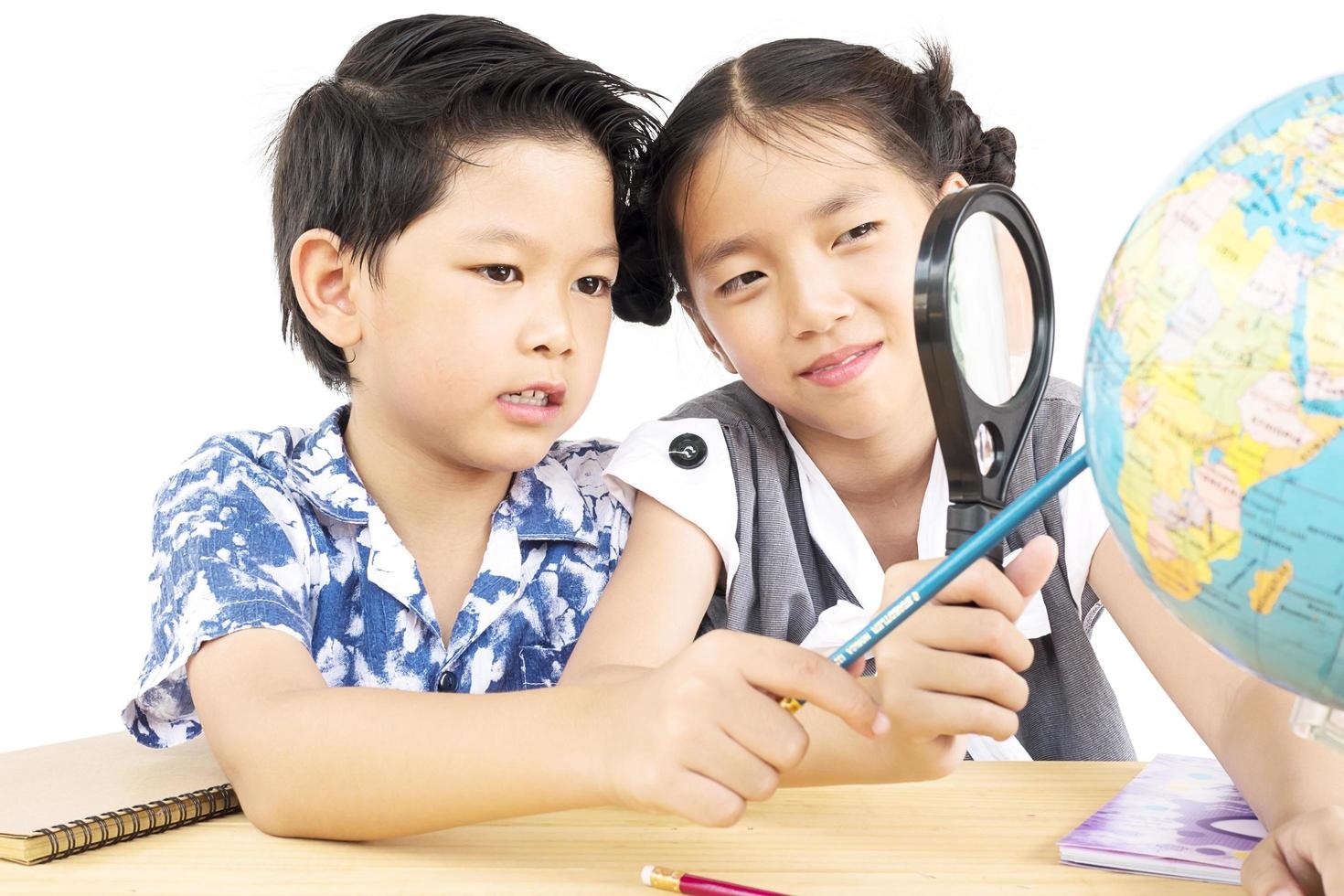
Active Learning: The Fundamental Unit of Preschoolers’ Education
As parents, educators, and caretakers, we all want the best for our preschoolers. We want them to grow, learn, and flourish, providing them with the foundation they need to succeed in life. At the heart of it all lies education.
What is Active Learning?
Active learning encourages preschoolers to actively engage in the learning process. It focuses on hands-on activities, play, and exploration, stimulating critical thinking and creativity.
Why is Active Learning Important?
Active learning is more engaging and effective than passive methods, leading to better academic performance and essential life skills development.
How to Implement Active Learning
Implementing active learning involves planning activities that encourage exploration and creativity, fostering problem-solving and critical thinking, incorporating movement and play, providing opportunities for collaboration, and celebrating successes.
The Benefits of Active Learning for Preschoolers
Active learning increases engagement, enhances retention of information, improves problem-solving skills, boosts creativity, and promotes social skills development.
Active Learning Strategies for Preschoolers
Strategies include hands-on activities, outdoor exploration, role-playing, collaborative activities, and educational games.
The Importance of Active Learning in Preschool Curriculum
Active learning provides engaging experiences, develops crucial skills, prepares for lifelong learning, improves academic outcomes, and enhances emotional development.
Overcoming Challenges in Active Learning for Preschoolers
Challenges include attention span, resource availability, safety concerns, language barriers, and limited space. Strategies involve segmenting activities, using recycled materials, conducting risk assessments, employing visual aids, and maximizing available space.
The Role of Technology in Active Learning for Preschoolers
Technology supports active learning through educational apps, virtual field trips, digital storytelling, interactive whiteboards, and coding activities, albeit with moderation and safety considerations.
Active Learning Strategies for Different Learning Styles
Tailoring strategies to visual, auditory, kinesthetic, and social learners ensures meaningful engagement and effective learning experiences.
The Future of Active Learning
Innovations like virtual reality, augmented reality, and gamification promise to further revolutionize active learning, shaping a future where preschoolers receive the best education to thrive in the years ahead.


